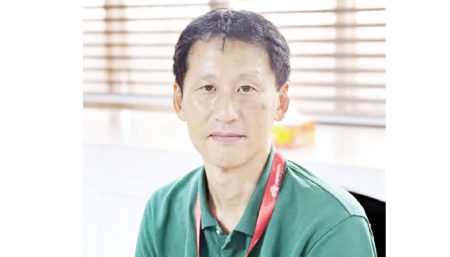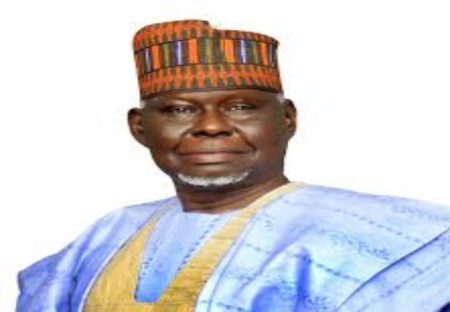The Federal Government of Nigeria has emphasized the importance of local manufacturing companies transitioning to renewable energy sources as a key strategy for fostering economic growth and development. Dr. Adesuyi Olajide, the Director of the Weights and Measures Department under the Federal Ministry of Industries, Trade, and Investment, highlighted this initiative during an annual surveillance visit to Cadbury Nigeria Plc in Lagos. The move aligns with global trends as the International Renewable Energy Agency projects that by 2050, 90 percent of the world’s electricity could potentially be sourced from renewable energy. Olajide reiterated the government’s commitment to ensuring a consistent power supply, which is essential for business operations, and stressed the adoption of greener practices across all sectors, urging both industries and individuals to embrace renewable energy solutions.
Dr. Olajide assured that the Federal Government is actively formulating policies designed to bolster industrial growth within Nigeria. This commitment places a significant focus on creating a conducive environment for manufacturing companies, reflecting a broader trend towards sustainability. The government sees the transition to green energy not merely as an option but as a necessary shift, emphasizing its potential to foster long-term economic resilience and environmental stewardship. In his remarks, Olajide underscored that the Weights and Measures Department plays a crucial role in this context, as it aims to ensure that manufacturing industries are not only compliant with regulations but also thrive in an increasingly competitive landscape.
During his visit to Cadbury, Dr. Olajide expressed satisfaction with the company’s adherence to regulatory standards, noting that the facility’s machinery was well-maintained and largely error-free. He remarked on the critical nature of the exercise, which is designed to safeguard consumer interests by ensuring that manufacturers provide products as advertised. Issues identified during inspections remain within acceptable error limits, reflecting the department’s commitment to consumer protection and fair trading practices. The underlying goal of these inspections is to maintain the integrity of manufacturing processes, especially when it comes to accurate labeling and delivering products that meet consumer expectations.
A vital aspect of the Weights and Measures Department’s mission is the annual surveillance that they conduct across various manufacturing sectors. This process aims to verify that industries comply with established standards and regulations, reinforcing consumer confidence in the products available to them. Dr. Olajide highlighted the significance of accurate weight measurement in manufacturing, describing how the inspections help ensure that consumers receive the value they pay for—illustrating this with examples from Cadbury’s products. He pointed out that if a product claims to weigh 60 grams, it should precisely weigh that amount, thereby protecting consumers from being short-changed.
Feedback from Cadbury Nigeria’s staff further illustrated the positive impact of the Weights and Measures team’s visit. Mr. Taiwo Adebayo, the Maintenance and Repair Lead for Cadbury’s Candy Plant, expressed gratitude for the insights gained during the visit, seeing it as an important opportunity for improvement. He noted that the engagement from government officials has been more extensive than in previous assessments, indicating a newfound commitment to addressing the concerns of manufacturers and ensuring they adhere to standards. This level of scrutiny and openness fosters a collaborative environment, elevating the overall operational standards within the industry.
The interaction between government representatives and manufacturing firms, such as Cadbury Nigeria, signifies a step towards strengthening partnerships aimed at improving the nation’s industrial framework. By prioritizing renewable energy adoption, the government not only seeks to modernize the manufacturing sector but also to align Nigeria with global sustainability goals. The emphasis on stringent quality checks, consumer protection, and the encouragement of green practices reflects a holistic approach to economic and environmental responsibilities. Overall, these measures indicate a robust commitment by the Nigerian government to nurture a sustainable industrial landscape that is both competitive and responsible within the global marketplace.














